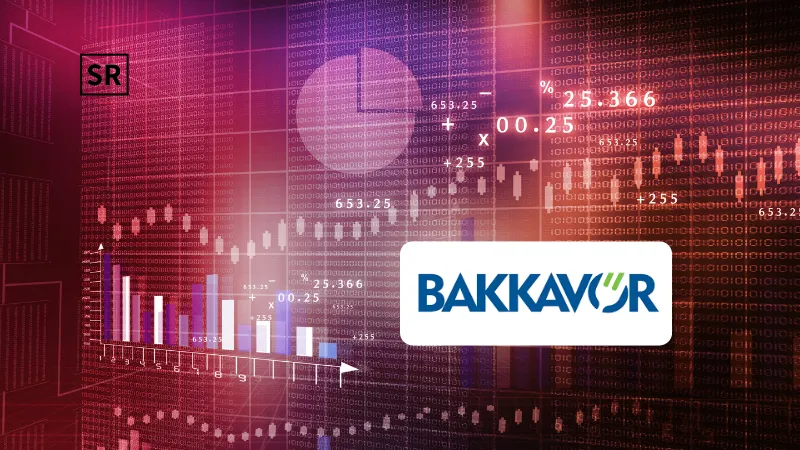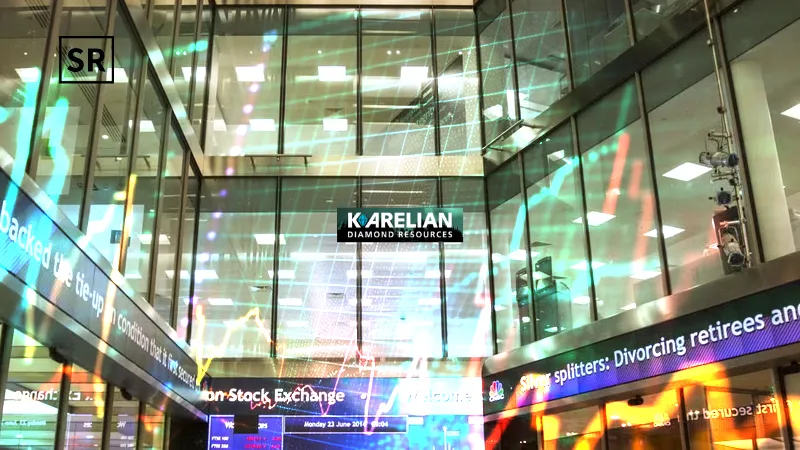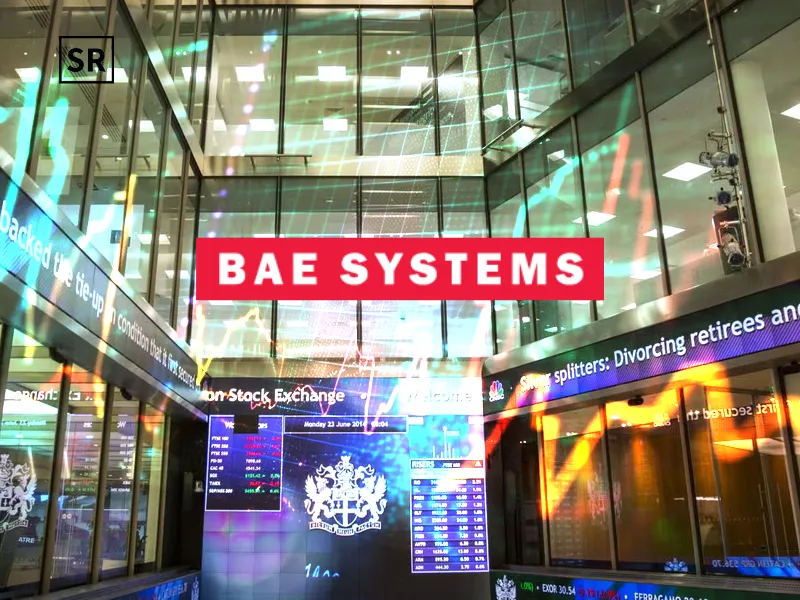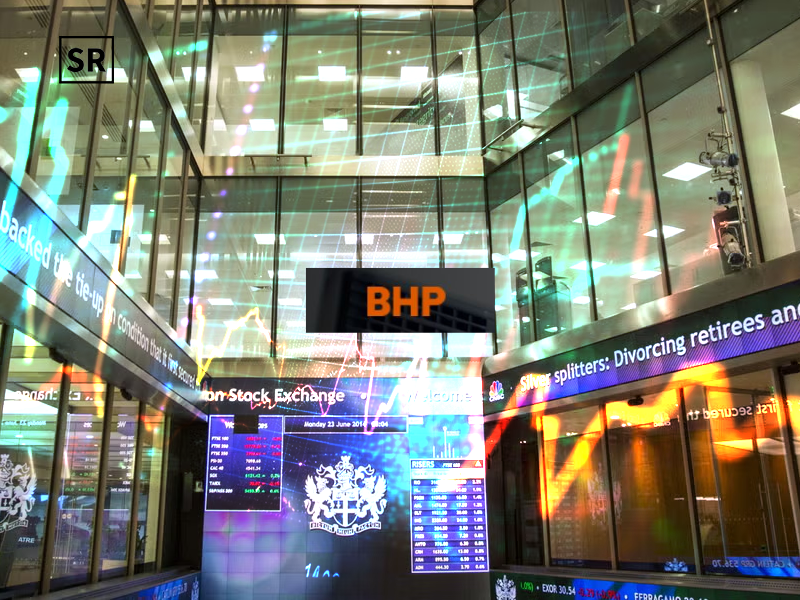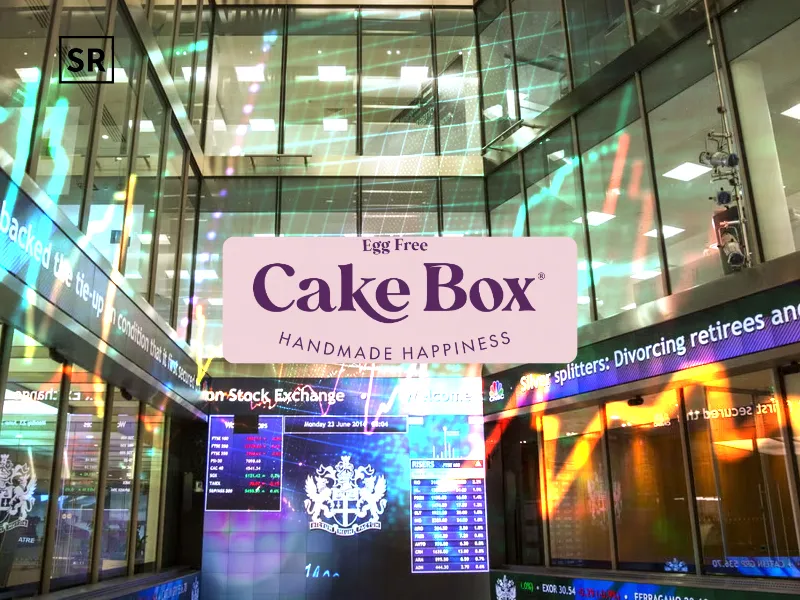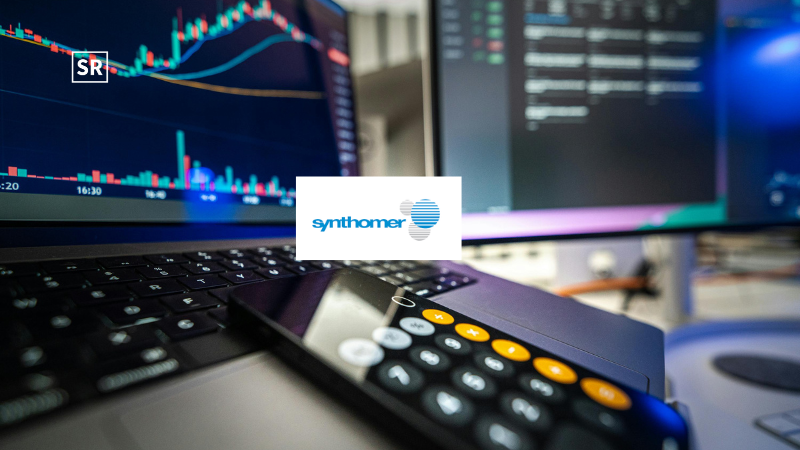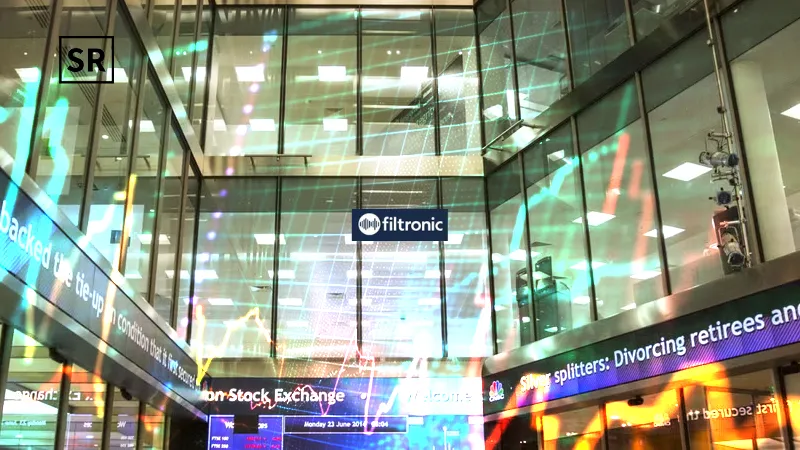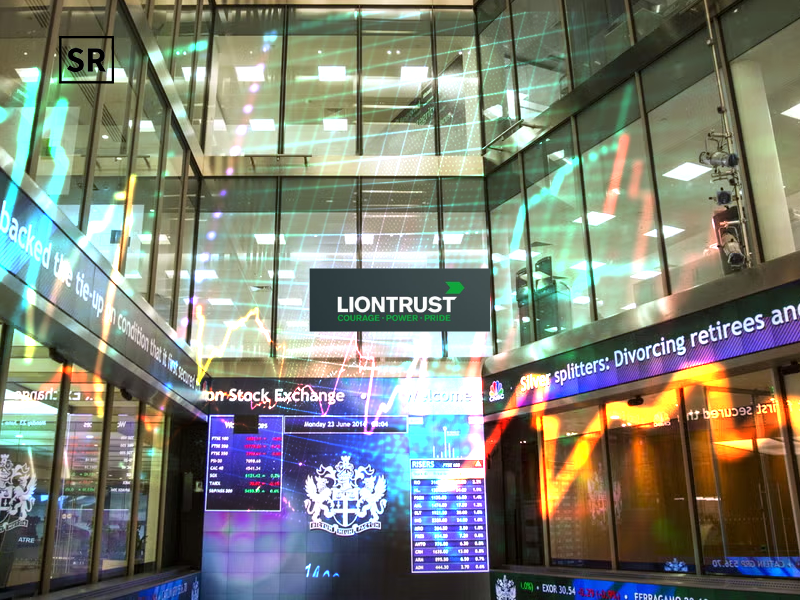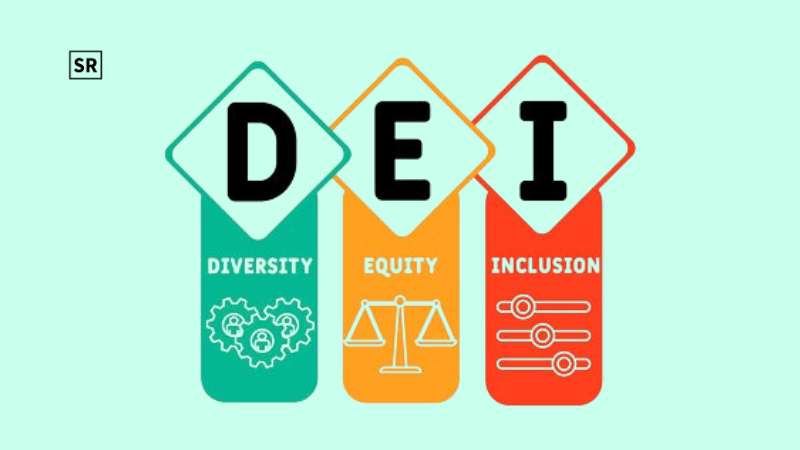
DEI stands for Diversity, equity, and inclusion means creating policies and programs that make sure people from all kinds of backgrounds feel welcome, respected, and included. This includes people of different ages, races, cultures, religions, genders, abilities, and sexual orientations. It also includes people with different life experiences, skills, and knowledge.
Although diversity, equity, and inclusion are three separate ideas, they are all connected. Together, they help build a fair and respectful environment where everyone has equal chances to succeed. DEI efforts often focus on helping people who are usually underrepresented in the workplace feel like they belong and have the same opportunities as others.
DEI is also important when hiring new employees and creating a healthy workplace culture. It helps reduce unfair judgments or hidden biases people may have and works to stop small, harmful actions called microaggressions that can make others feel left out or disrespected.
What is Diversity?
Diversity means having people with different backgrounds and characteristics in the same place. In the workplace, this can include differences in race, ethnicity, gender, gender identity, sexual orientation, age, income level, physical abilities, military background, and even whether someone has children or not.
RECOMMENDED FOR YOU

PaywallBypass.net: Complete Review and Explanation of How It Works
Kailee Rainse
Mar 2, 2026
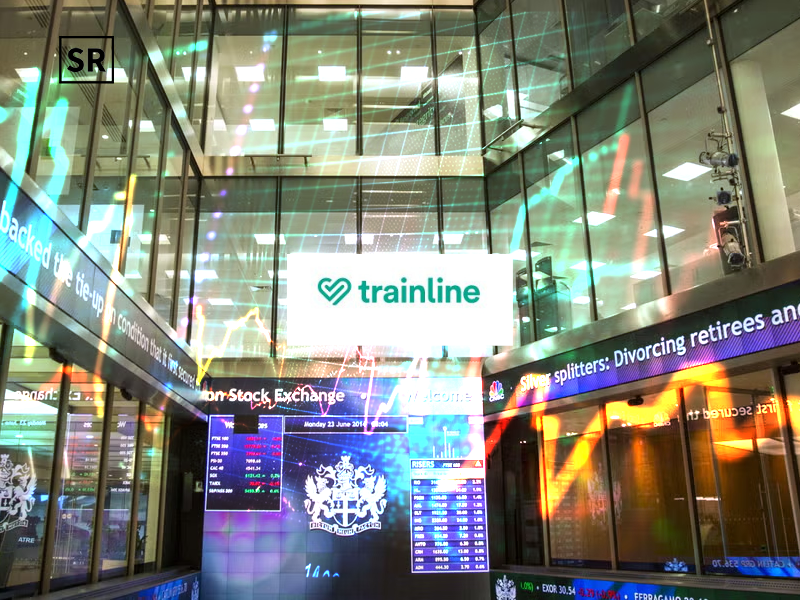
Trainline Share Price Prediction (2025-2030): Expert Analysis & Predictions
Team SR
Jun 11, 2025
Workplace diversity is important because people with different life experiences bring unique ideas and ways of thinking. This helps teams come up with better solutions and be more creative. Diversity also means including people who may not be well-represented in certain jobs or industries making the workplace more fair and inclusive for everyone.
What is Equity?
Equity means making sure everyone is treated fairly and has the same chance to succeed. It’s about creating rules and programs that give everyone equal access, support, and opportunities especially in places like work, school, or society.
Equity focuses on finding and removing barriers that make it harder for some people to take part or move forward, such as unfair systems or hidden challenges certain groups face. The goal is to create fairness, justice, and equal outcomes for everyone, not just equal treatment. Equity is important in the workplace, education, the legal system, and other parts of society.
What is Inclusion?
Inclusion means making sure everyone feels welcome, respected and like they belong at work. It’s about creating a workplace where all employees feel safe and supported to be themselves.
An inclusive environment encourages everyone to join in, share ideas, and take part, no matter their background or identity. It values and respects differences, and treats everyone fairly. A workplace that is truly inclusive removes barriers and fights against discrimination or unfair treatment. It also has fair policies and a human resources (HR) team that supports all employees equally.
Why is diversity, equity and inclusion important?
Diversity, equity, and inclusion (DEI) are important because they help create a fair, respectful, and welcoming environment for everyone—especially in schools, workplaces, and communities.
Here’s why DEI matters:
- Better Ideas and Innovation: When people from different backgrounds work together, they bring new perspectives and creative solutions.
- Fair Opportunities for All: Equity ensures everyone gets what they need to succeed, even if they face different challenges.
- Stronger Teams: Inclusive environments make people feel valued and supported, which builds trust and improves teamwork.
- More Respectful Workplaces: DEI helps reduce discrimination, bias, and unfair treatment.
- Improved Performance: Companies that focus on DEI often perform better, attract more talent, and have happier employees.
- Representation Matters: It helps ensure that people of all races, genders, abilities, and backgrounds are seen and heard.
How Do Diversity, Equity, and Inclusion Apply to the Workplace?
Diversity, equity, and inclusion (DEI) are closely related, but each one has its own meaning and role in the workplace.
Diversity
Diversity means recognizing that everyone is different and brings something unique to the table. It’s not just about race or gender it includes things like culture, experiences, and viewpoints. Real diversity is about truly understanding and valuing each person as an individual, not just a label or stereotype. It also means actively welcoming and seeking out different perspectives.
Equity
Equity is about being fair and giving people what they need to succeed. It focuses on making sure company policies like hiring, promotions, and pay are fair for everyone. Instead of using the same rules for everyone, equity takes into account people’s different situations and helps remove unfair barriers that some groups may face.
Inclusion
Inclusion means making sure all employees feel welcome, respected, and able to grow. It’s about giving everyone a voice and making sure no one feels left out because of who they are. Inclusion also means employees can see their identities reflected in the company’s values and culture.
Benefits of DEI
DEI is very important for building a successful workplace where everyone can do well both personally and at work. When people from different backgrounds come together, it brings fresh and creative ideas. Even more important, DEI helps create a place where all employees feel valued not in spite of their differences, but because of them.
- Better Ideas and Innovation: Different backgrounds bring fresh perspectives leading to more creative solutions and improved problem-solving.
- Improved Teamwork: Inclusive environments make people feel valued and respected which builds stronger collaboration and trust.
- Fair Opportunities: Equity ensures everyone gets the support they need to succeed, helping to close gaps and reduce unfair treatment.
- Attracting and Keeping Talent: Companies with strong DEI efforts are more appealing to a wider range of job seekers and have higher employee retention.
- Stronger Company Reputation: Organizations known for fairness and inclusion earn trust and respect from customers, partners, and communities.
- Better Decision-Making: Diverse teams consider more viewpoints, which helps avoid groupthink and leads to smarter choices.
- Higher Employee Satisfaction: People feel happier and more motivated when they work in respectful, supportive environments.
FAQs
What is DEI?
How do organizations implement DEI?
Who is responsible for DEI?
Recommended Stories for You

What is Treasure NFT, Advantages, Uses, Works, Real or Fake, and Price : Complete Guide
Kailee Rainse Nov 3, 2025


 Follow us
Follow us Follow us
Follow us